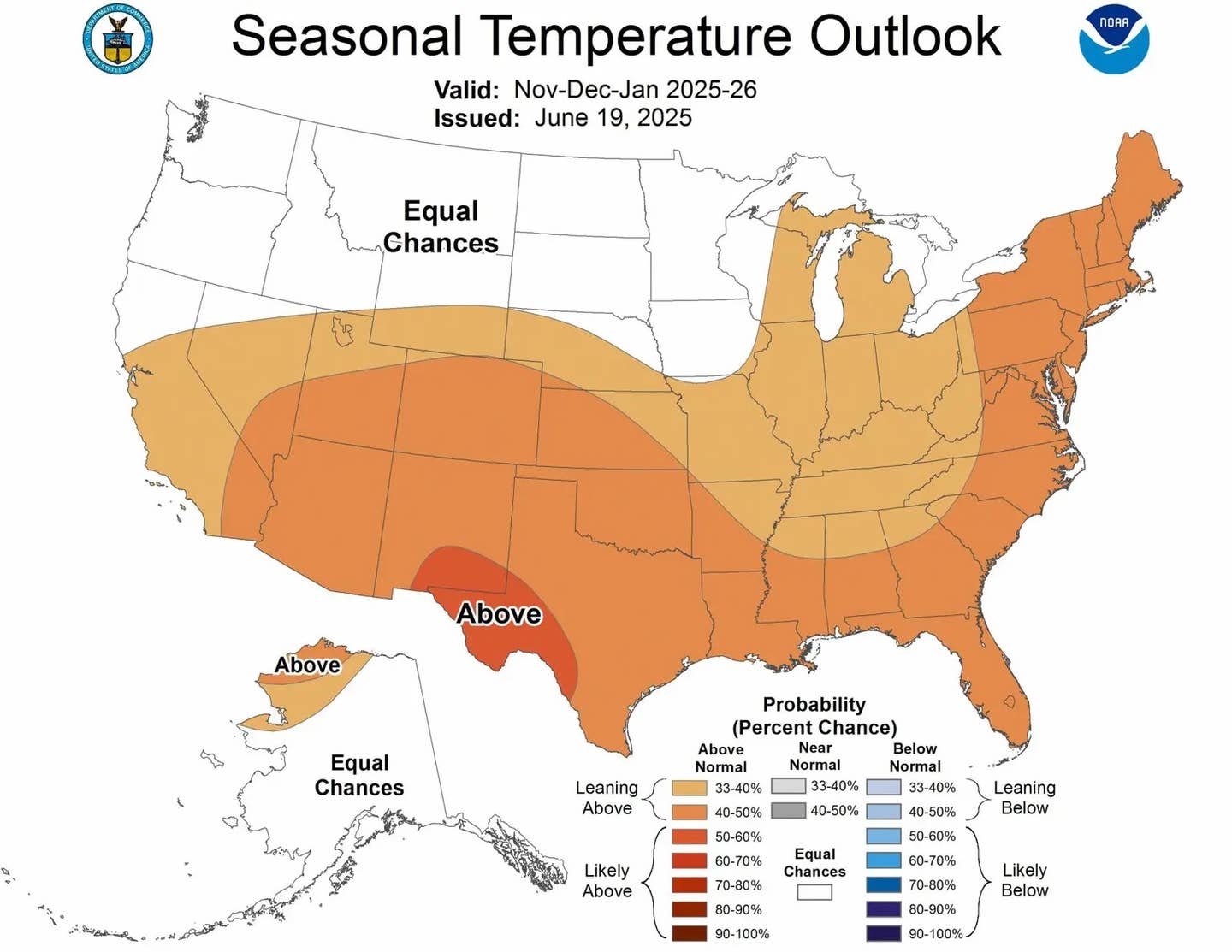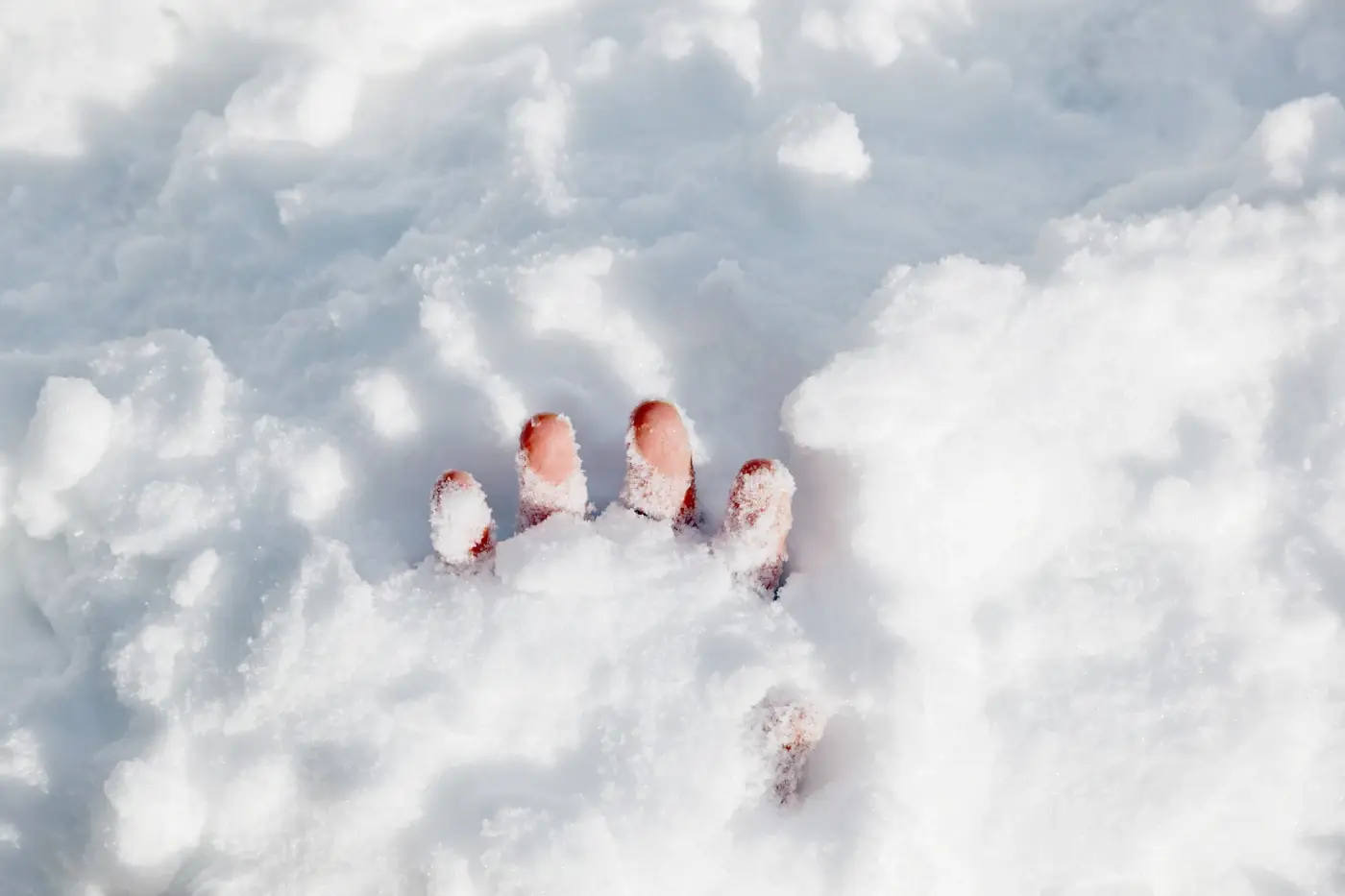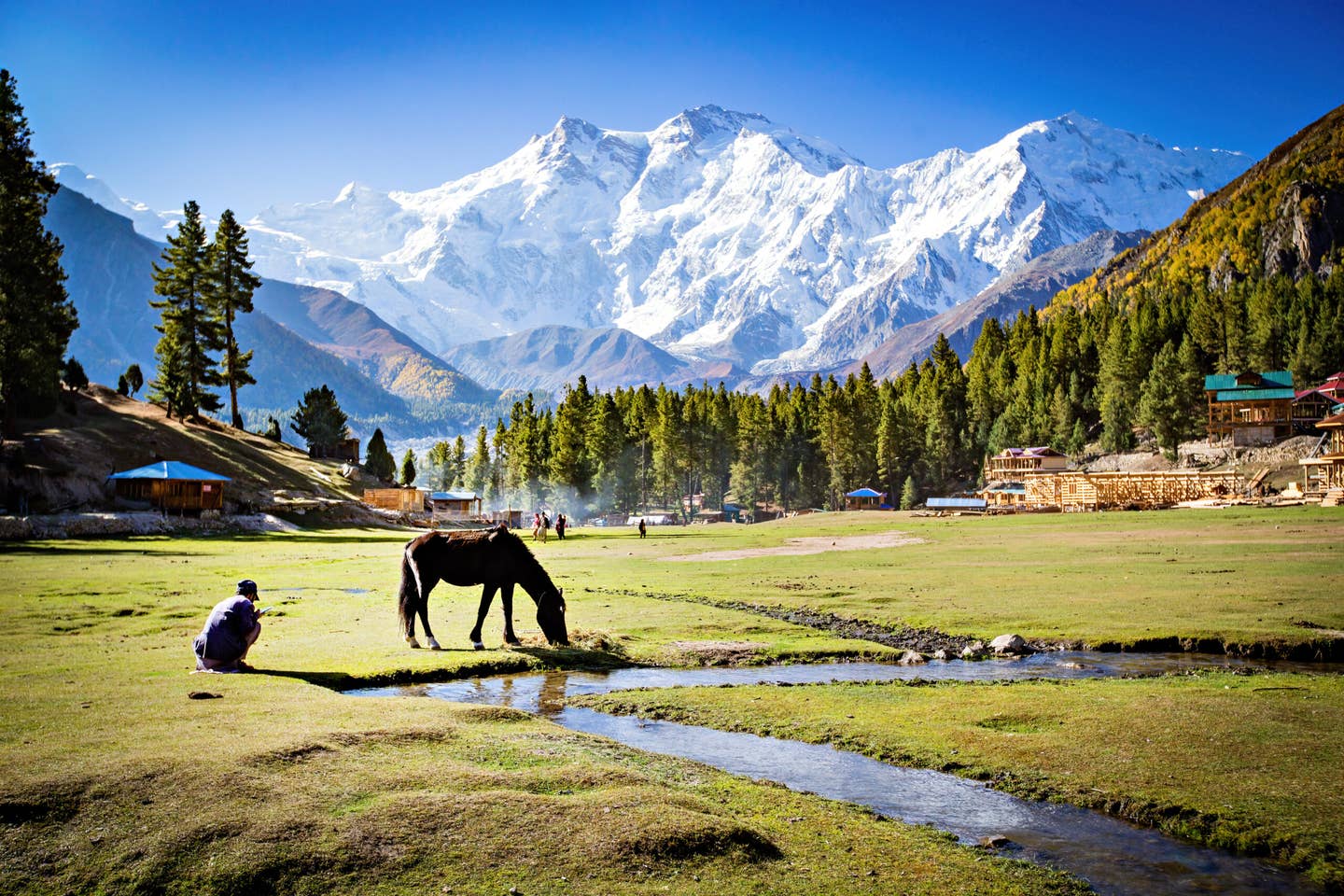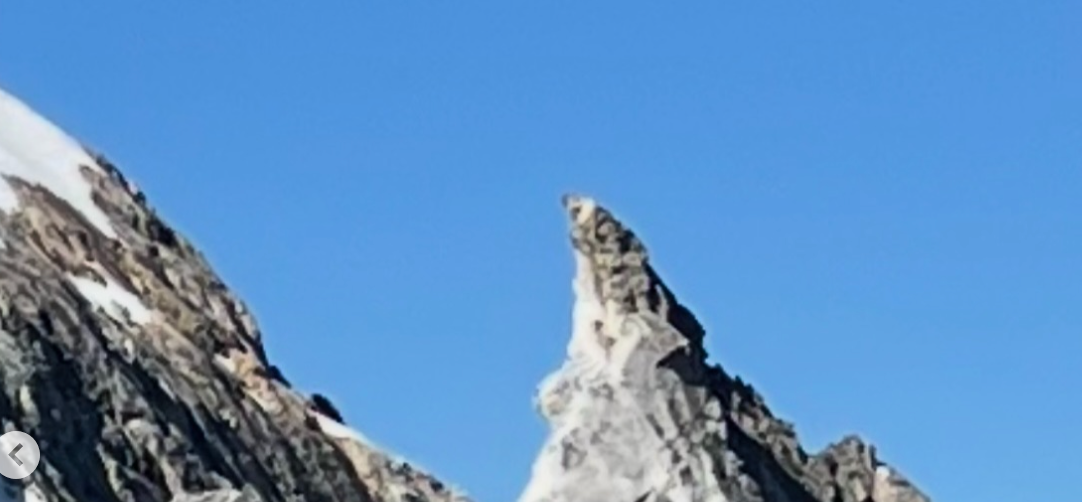

PNW County Considers Fines for Unprepared Hikers as SAR Incidents Surge
Popular Stories
SKAMANIA COUNTY, WA — A rural Washington county is staring down a dramatic surge in backcountry rescue calls—and its sheriff is eyeing a controversial response: fining those who require search and rescue (SAR) due to recklessness or lack of preparation.
In a June 5 announcement, Skamania County Sheriff Summer Scheyer reported a 400% increase in SAR incidents in May 2025 compared to the same month last year. Despite repeated public messaging about the risks of hiking, biking, and paddling in the rugged Cascade backcountry, the trend is clear: too many unprepared adventurers are getting into trouble, and locals are picking up the tab.
Skamania County covers over 1,600 square miles of remote wilderness, including Mount St. Helens National Volcanic Monument. It’s a magnet for outdoor enthusiasts—but, increasingly, also for avoidable rescues.
“The majority of our search and rescue missions are a result of non-resident individuals who act in a negligent or reckless way while recreating in our county,” Sheriff Scheyer stated.
The Cost of Unpreparedness
Ten SAR missions were recorded in May alone. Some were serious, like a kayaker with a spinal injury, while others were questionable—a woman calling for rescue due to leg cramps, or a cyclist with a “high heart rate.” One hiker triggered a multi-hour rescue after getting his car stuck on a snow-covered Forest Service road.
Washington law mandates sheriffs respond to all SAR calls, regardless of severity—but funding those missions falls on county taxpayers, not the state. That’s especially frustrating, officials say, when the people being rescued are out-of-state visitors who failed to check the weather or pack a rain jacket.
And SAR is far from cheap. A helicopter extraction can run $1,200 to $3,000+ per hour, not counting crew or gear. Even ground-based rescues, when conducted over steep terrain or in poor conditions, require hours of labor from highly trained volunteers and staff.
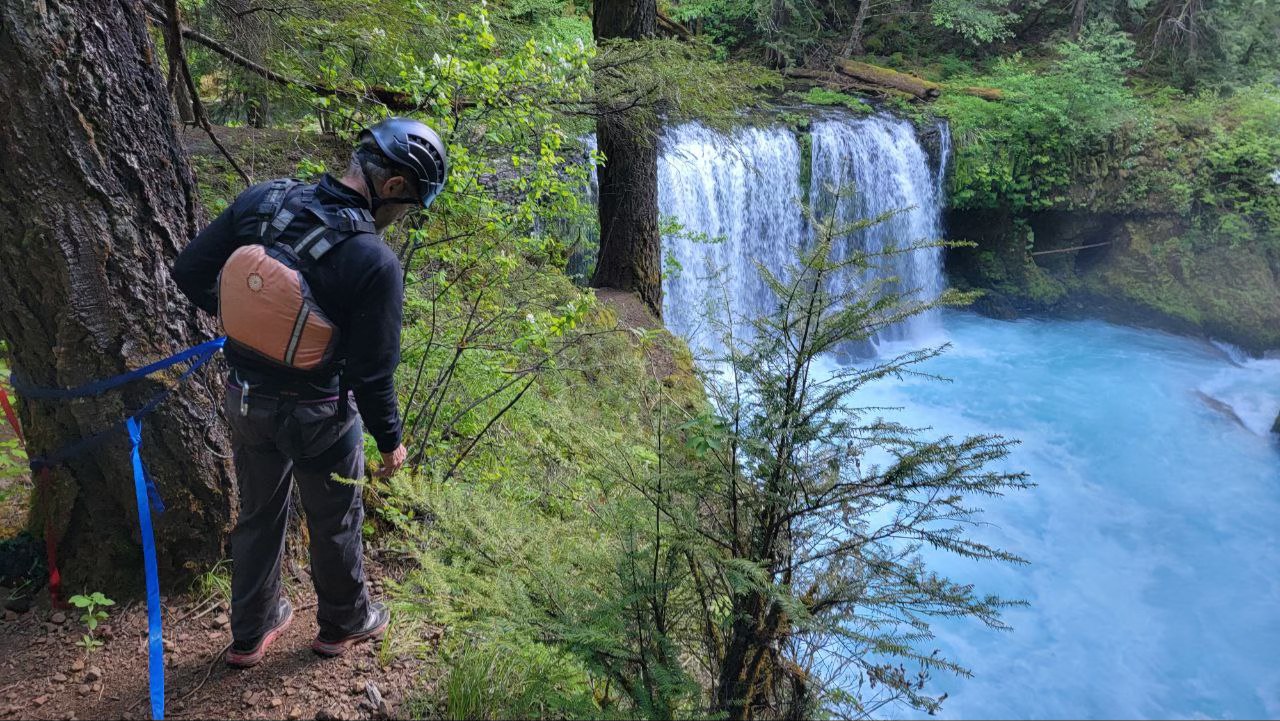
Could Fines Be the Fix?
Sheriff Scheyer is now considering a local ordinance that would fine rescued individuals who were found to be “grossly negligent” in their actions—people who knowingly ignored warnings, took unnecessary risks, or failed to prepare.
“I need to find a creative way to deter the current behavior we are witnessing,” Scheyer said, “while attempting to recoup the financial burden placed on our county for an unfunded state mandate.”
She emphasized that not all rescues would be subject to fines—only those involving "exceptional lapses in judgment.”
Still, the idea is sparking a familiar and deeply American debate: who pays when outdoor adventure goes wrong?
Fear of the Bill = Delayed Help
While fining negligent recreators may sound fair, critics warn it creates dangerous incentives. Groups like the Mountain Rescue Association (MRA) and National Search and Rescue Association (NASAR) strongly oppose charging for SAR, citing risk of delay.
“No one should ever be made to feel they must delay in notifying the proper authorities of a search or rescue incident out of fear of possible charges,” states the MRA.
Join Our Newsletter
In other words: if people fear a four-figure fine, they may wait too long to call for help, turning minor problems into deadly ones—and ultimately making rescues more dangerous and expensive.
What Other States Are Doing
Skamania County isn’t alone in facing this dilemma. Several states, including New Hampshire, Utah, Maine, Idaho, and Oregon, have legislation that allows for reimbursement in cases of gross negligence.
But others take a more preventative approach. States like Utah and Colorado sell low-cost rescue coverage cards:
- Utah’s SAR Assistance Card: $25/year for an individual
- New Hampshire’s Hike Safe Card
- Colorado’s CORSAR Card
These cards don’t encourage recklessness—but they remove financial fear from the equation for people who did their best but still got into trouble.
Uneven Impact
There’s another issue: flat fines hurt poor people more than rich ones. While a wealthy tourist might absorb a $1,000 penalty without blinking, a lower-income hiker might delay calling SAR altogether, take bigger risks, or avoid the outdoors entirely—defeating the purpose of promoting safe, inclusive access to wild places.
A Complex, Unsolved Problem
Sheriff Scheyer’s proposal is still theoretical—but it touches on a much broader conversation about outdoor responsibility, equity, and access. One thing is certain: as outdoor recreation continues to boom, so will the number of SAR calls. And rural counties like Skamania are grappling with how to manage that reality without compromising safety or fairness.
For now, Scheyer is pushing the conversation forward.
“Education has its limits,” she said, “and our county can’t continue absorbing the burden of rescues that stem from a complete lack of preparedness.”
